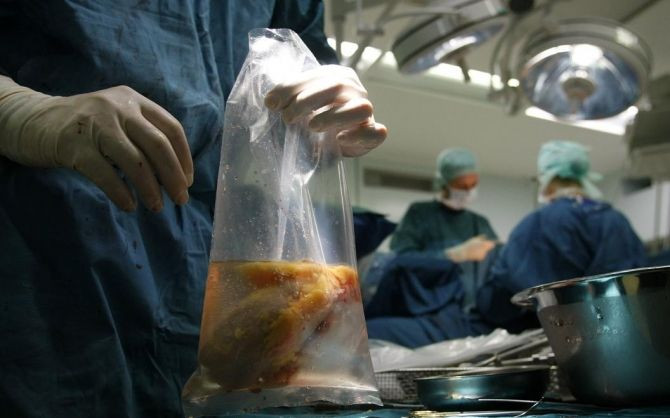Biases Keep Many Older Patients From Kidney Transplants: Researchers

Thousands of patients over the age of 65 are not given the chance to receive needed transplants because of “outdated medical biases” that discourage transplantations in older adults, Johns Hopkins researchers said Thursday.
Researchers analyzing data found that between 1999 to 2006, about 9,000 adults over the age of 65 would have been “excellent” transplant candidates and approximately 40,000 would have been “good” candidates for new kidneys.
“None, however, were given the chance,” the school said in a released statement.
The trouble is that very few older adults are even put on waiting lists, according to transplant surgeon Dorry Segev, lead author and associate professor of surgery at the Johns Hopkins University School of Medicine.
Patients ages 65 and older make up over 50 percent of the population with end-stage renal disease in the U.S., and those who qualify for kidney transplants will live longer after transplantation as opposed to staying on dialysis, Segev said.
Only 10.4 percent of dialysis patients between the ages of 65 to 74 were on waiting lists, compared to 33.5 percent of dialysis patients between the ages of 18 to 44 and 21.9 percent of 45 to 64-year-old dialysis patients, according to researchers.
"Doctors routinely believe and tell older people they are not good candidates for kidney transplant, but many of them are if they are carefully selected and if factors that really predict outcomes are fully accounted for," said transplant surgeon Dorry Segev, lead author and associate professor of surgery at the Johns Hopkins University School of Medicine.
The study was based off of a statistical model created by researchers for predicting how well older adults would be expected to do after transplantation, and accounted for and, smoking, diabetes and 16 other health-related variables.
Researchers used the data collected with the new statistical model to define an “excellent” candidate, and then applied this definition to every person 65 and older on dialysis during the seven-year study period.
"We have this regressive attitude toward transplantation in older adults," Segev said, "one based on historical poor outcomes in older patients, which no longer hold up."
"By not referring older adults for transplant, we're not just denying them a chance at a kidney from a deceased donor, but we're potentially denying them a kidney from a live donor," he added.
The study was published in 2011 in the Journal of the American Medical Association.
Published by Medicaldaily.com



























